When it comes to the manufacturing and maintenance of semi-trailers, welding plays an essential role in ensuring durability, reliability, and overall structural integrity. However, a common query emerges among fleet managers, operators, and manufacturers alike: how much does it cost to weld a trailer semi? This article provides an in-depth analysis of the costs associated with welding, factors influencing these costs, and essential considerations for anyone involved in the semi-trailer industry.
The Cost Breakdown of Welding a Semi-Trailer
The cost to weld a semi-trailer is not a one-size-fits-all figure; it varies significantly based on several key factors. Below is a structured breakdown of the elements influencing the overall cost.
| Cost Factors | Description | Impact on Cost |
|---|---|---|
| Type of Trailer | Different trailers (flatbeds, tankers, reefer trailers) may require varying welding methods. | Moderate to High |
| Extent of Damage | The extent of the repairs needed will dictate the labor and material required. | Low to High |
| Materials Used | Whether using aluminum, steel, or other specialized metals can influence welding complexity. | Moderate to High |
| Location of Repair | Costs can vary based on geographic location and labor rates in your area. | Low to Moderate |
| Designer Complexity | Custom designs or modifications will often necessitate more intricate work. | High |
| Labor Costs | Rates charged by welders can significantly affect total expenses, influenced by their experience. | Moderate to High |
| Preparation Work | Cleaning, grinding, and other necessary preparative work can add to overall project costs. | Low to Moderate |
| Welding Process | Different welding techniques (MIG, TIG, Stick) have distinct costs associated with them. | Moderate to High |
Average Cost Estimates
Estimating costs can be challenging due to the variability in situations and geographic locations. However, the average cost for welding repairs on a semi-trailer typically ranges from $100 to $200 per hour. In some cases, total repair costs may fluctuate between $500 to $5,000 depending on the aforementioned factors.
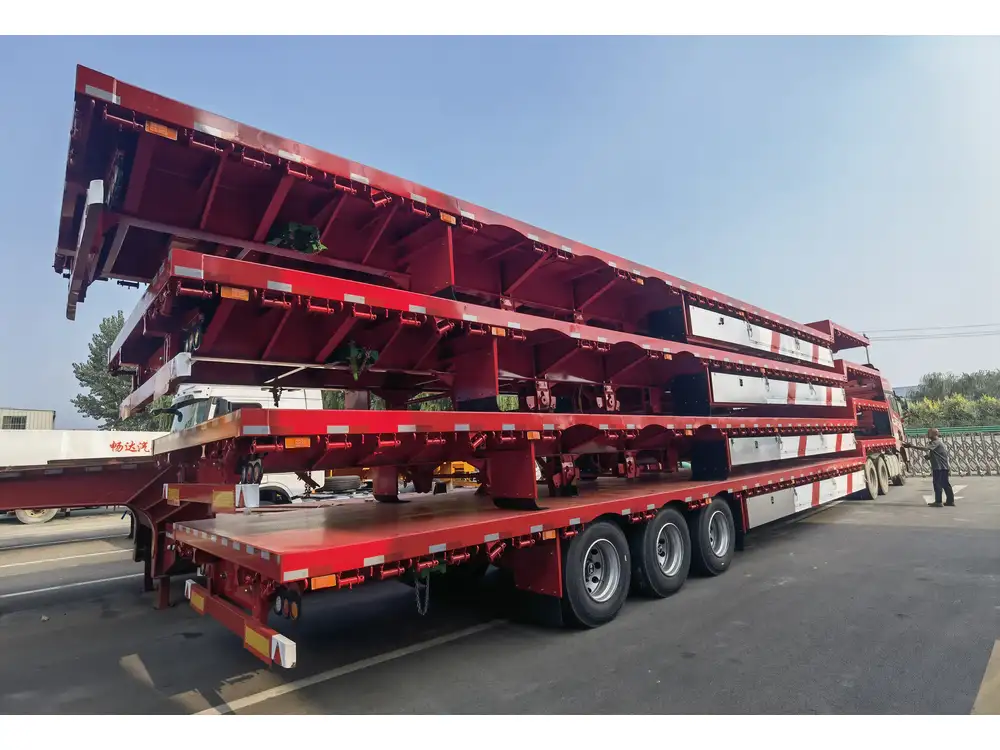
Example Scenarios
Minor Repairs: A small crack on a steel flatbed trailer that requires approximately two hours of labor may cost around $300.
Moderate Damage: A significant dent and associated structural damage on a reefer trailer might necessitate about 10 hours of work, estimating about $2,000 in labor and materials.
Major Repairs: Extensive damage to a tank trailer requiring extensive welding and custom modifications could lead to costs exceeding $3,500—sometimes reaching up to $5,000 depending on the specific requirements.
Key Considerations when Welding Semi-Trailers
To ensure that your semi-trailer remains reliable and functional, here are critical aspects to keep in mind when pursuing welding repairs:
1. Choosing the Right Welder
Selecting a qualified welder is paramount. A seasoned welder not only possesses the necessary experience but also understands the critical nuances required for different welding methods. Validate their credentials, check reviews, and request case studies or examples of previous work.
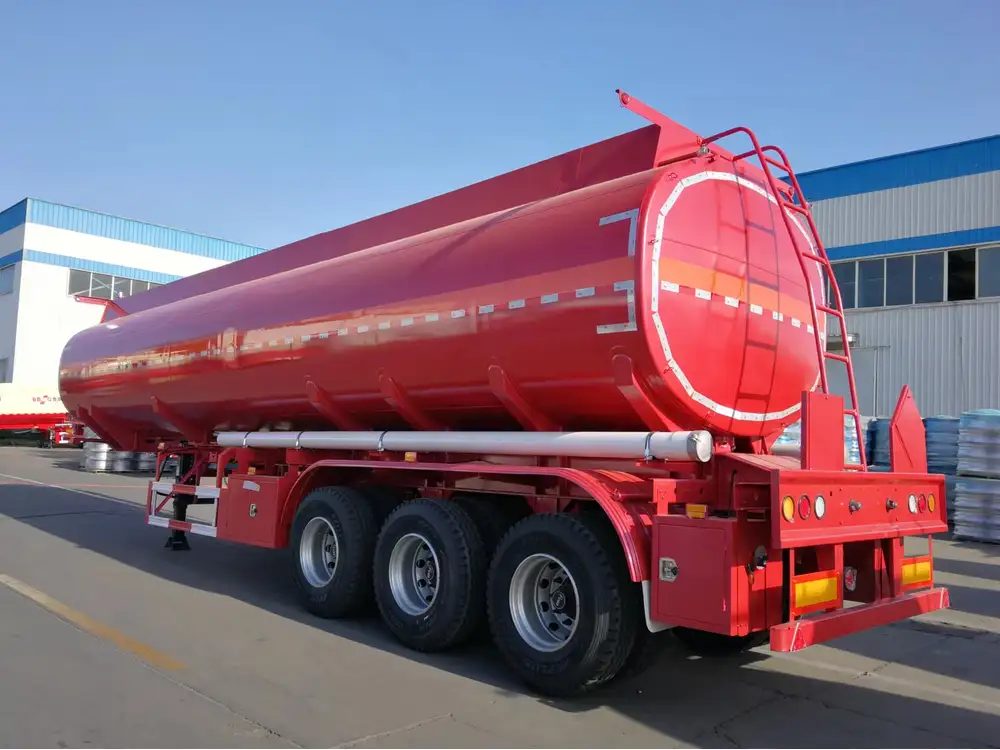
2. Evaluating Trailer Specifications
Different types of trailers require tailored welding solutions. Knowing your specific trailer type (e.g., flatbed, tanker, or dry van) helps in determining the appropriate materials and techniques needed, impacting both the quality and efficiency of the repairs.
3. Understanding Welding Methods
Familiarize yourself with the different welding methods available.
- MIG Welding: Popular for its speed and versatility, ideal for thicker materials.
- TIG Welding: Known for producing precise and clean welds, suitable for thinner materials or complex designs.
- Stick Welding: Often used for outdoor applications, effective in windy or damp environments but can produce rougher finishes.
4. Costs of Sparking Material Prices
Material prices fluctuate frequently due to economic factors. Consider gathering current material costs to integrate into the budget. Steel tends to cost differently from aluminum, so assess what suits your trailer best.
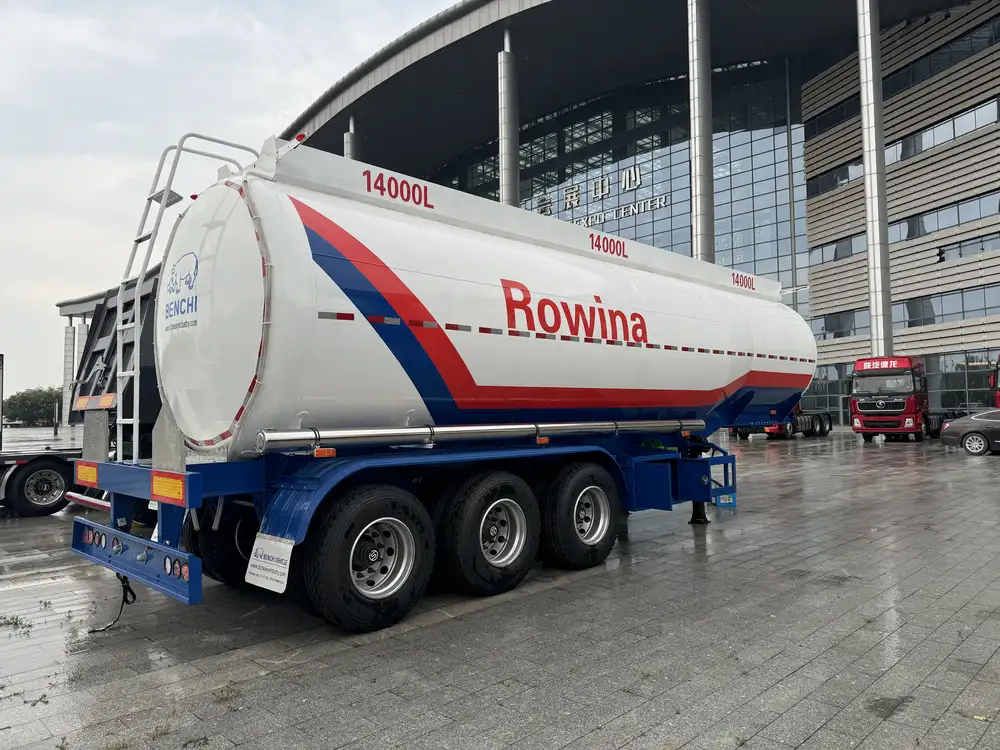
5. Planning for Equipment Downtime
Allow for potential downtime during repair work. If a trailer is out of commission due to repairs, ensure contingencies are in place, such as backup logistics to maintain operations and minimize disruptions.
6. Inspections and Quality Assurance
Implement strict quality standards and inspection protocols post-welding. Regular inspections ensure that the welds hold up under operational stress, thereby prolonging the life of your trailer.
7. Regular Maintenance
Post-repair, it’s crucial to schedule regular maintenance checks to identify any potential issues early, potentially saving on larger expenses down the line.
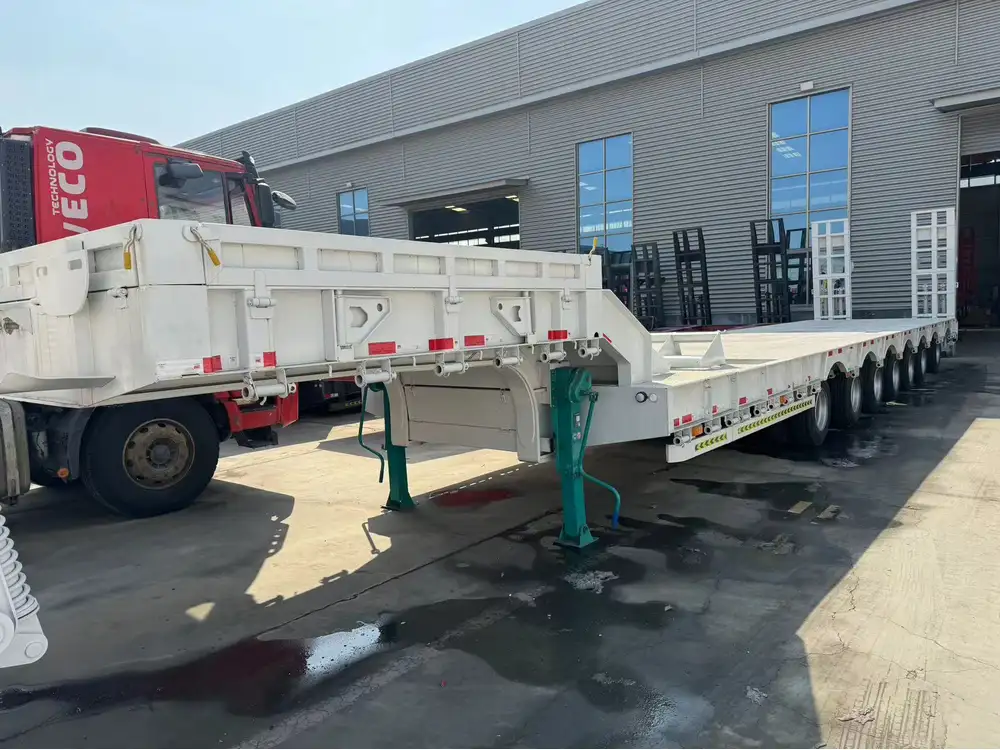
Preventative Strategies to Minimize Welding Costs
While welding is sometimes unavoidable due to wear and damage, implementing proactive measures can prevent excessive costs. Below are strategic approaches to reduce the frequency and scope of welding repairs:
1. Scheduled Inspections
Regularly schedule inspections of your semi-trailers. Identifying issues early can lead to minor repairs rather than extensive, costly work down the line.
2. Proper Loading Techniques
Ensure that trailers are loaded correctly to prevent undue stress on the structure. Improper loading can lead to cracks or warping, necessitating more frequent welding.
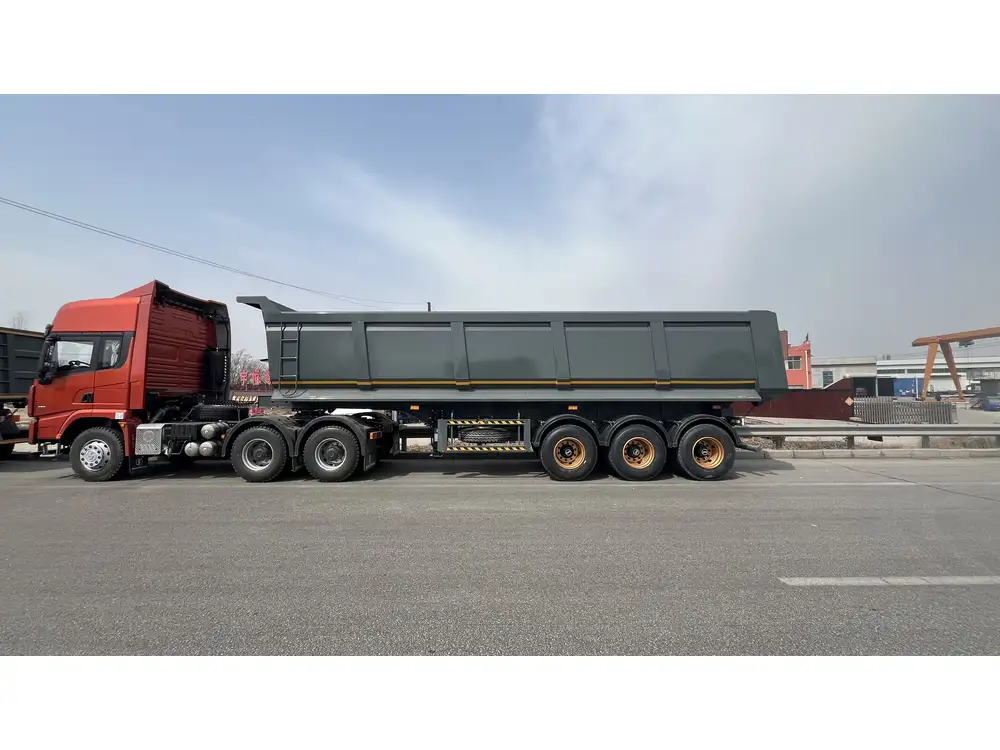
3. Use of Protective Coatings
Applying protective coatings can reduce the likelihood of corrosion and damage, diminishing the need for welding repairs in the long run.
4. Training for Operators
Train operators on the importance of pre-journey checks and the effects of load distribution. Ensuring that drivers understand their role in prolonging trailer lifespan can lead to fewer structural issues.
5. Leverage Technology
Implementing monitoring technologies that track trailers’ stress levels can help flag potential issues before they necessitate expensive repair work.
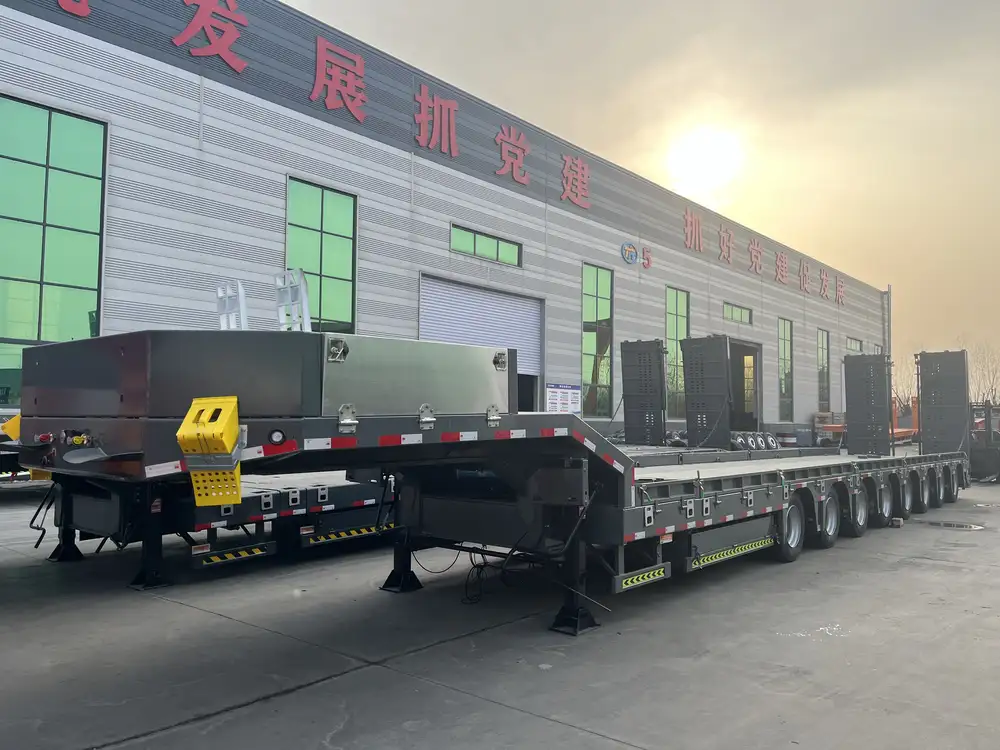
Conclusion: The Total Cost of Ownership for Semi-Trailers
When deliberating the specifics of how much it costs to weld a trailer semi, it’s essential to adopt a comprehensive approach. While the immediate welding costs may seem daunting, understanding the entire cost breakdown, preventive measures, and strategic planning can yield long-term savings and enhanced operational efficiency.
Welding should not merely be viewed as a repair; it is an integral part of a broader maintenance strategy that guarantees the efficiency and sustainability of your fleet’s operations. By staying informed, leveraging skilled professionals, and adopting proactive maintenance routines, businesses can safeguard their investments while optimizing the performance of semi-trailers.
By following this structured guideline, fleet owners not only can address the urgent demand for repairs but also cultivate a strategic framework that promotes longevity and reliability—perpetuating the cycle of maintenance, repair, and operational excellence in the semi-trailer industry.



